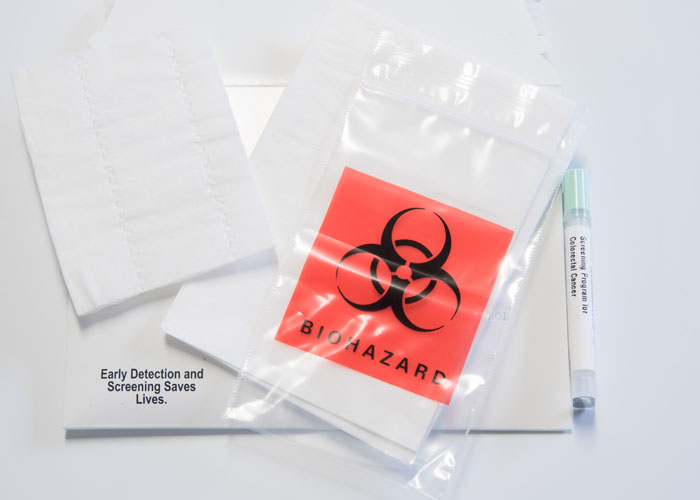Colorectal Cancer Screening

Colorectal cancer screening is a way to detect and prevent colorectal cancer, which is the third most common cancer in both men and women in the United States. Here are some things to know about colorectal cancer screening:
- Who should be screened: The American Cancer Society recommends that adults with an average risk of colorectal cancer begin screening at age 45. Those with a higher risk, such as those with a family history of colorectal cancer or certain genetic conditions, may need to begin screening at an earlier age.
- How it’s done: There are several types of tests used for colorectal cancer screening, including stool-based tests, which look for signs of cancer or precancerous polyps in the stool, and visual exams of the colon, such as a colonoscopy or virtual colonoscopy.
- Benefits of screening: The main benefit of colorectal cancer screening is that it can detect cancer or precancerous polyps early, when they are more treatable or even preventable. Removing polyps before they turn into cancer can lower the risk of developing colorectal cancer.
- Risks of screening: There are some risks associated with colorectal cancer screening, such as complications from a colonoscopy, including bleeding or perforation of the colon.
It’s important to talk to your healthcare provider to determine which screening test is right for you based on your age, family history, and other risk factors. They can help you weigh the potential benefits and risks and discuss any concerns you may have. If a screening test detects cancer or precancerous polyps, your healthcare provider may recommend further testing or treatment to remove the abnormal tissue.
